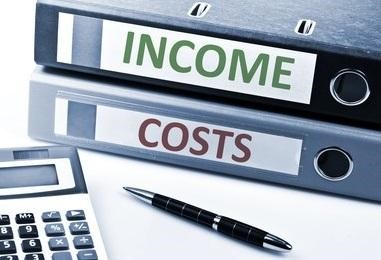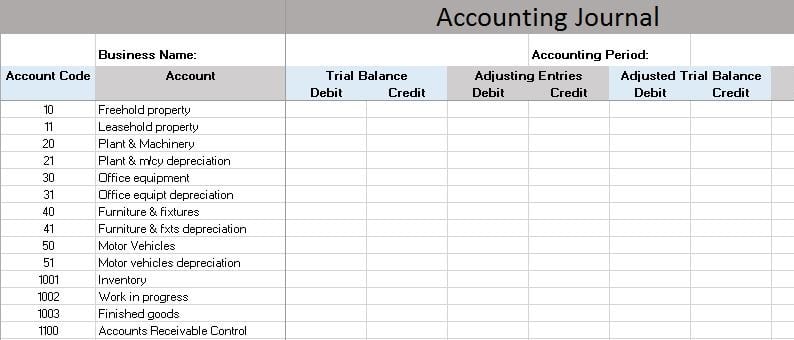
To accurately track expenses, all small businesses need to engage in bookkeeping, which the SBA defines as the organized method of monitoring all income and expense transactions.ĭone manually, tracking expenses for a small business can look something like this: as the business owner goes through the week, she collects all documents related to expenses-such as invoices, receipts, credit receipts, etc. What Is the Best Way to Track Small Business Expenses? Eligible business expenses include payroll and specific costs related to business mortgage interest, rent and leases and utilities. Many small businesses received Paycheck Protection Program (PPP) loans to cover slowdowns during the coronavirus pandemic, and that debt will be forgiven by the federal government if it was used to cover certain business expenses. If the business tracks expenses, it can regularly benchmark that data against others in its industry and geography to ensure its costs are reasonable and look for opportunities to cut them down. Census Bureau provides data by industry, state and region to help businesses determine whether their expenses are in line with others in their industry. That’s a simple way to cut unnecessary costs. Charting and regularly reviewing expenses help business leaders quickly spot unplanned increases in costs, determine whether they are legitimate and address them. Spot outliers and identify cost savings.It also helps a business maximize favorable payment terms with suppliers to take advantage of discounts and hold onto cash longer. This also helps the business plan responsible use of credit cards, lines of credit or loans to cover shortfalls. Tracking and regularly logging expenses according to the company’s accounting method of choice ensures there is enough cash on hand to pay for them. This reduces an organization’s taxable business income. Most business expenses can either be fully or partially written-off as long as they are substantiated with documentary evidence (receipts and statements). A necessary expense is one that is helpful and appropriate for the trade or business. An ordinary expense is common and accepted in the particular trade or business. The IRS says to be deductible, business expenses must be both ordinary and necessary. To budget properly, the business needs to know how much money it has, what it will likely spend and track budgeted expenses against actual ones.

A budget is a list of all monthly or yearly expenses, organized by category. Tracking business expenses helps a business: Businesses with above average or excellent financial health had four things in common: knowledge and experience with credit products, a higher level of unused credit balances, budgets that they revisited regularly and cash set aside cash for payroll. The Federal Reserve Banks of Chicago and San Francisco found a direct correlation between sound financial management and the financial health of small businesses. Basic financial management practices include creating a budget, finding credit sources (and always having some credit available) and having a separate bank account to pay employees.

Small Business Administration (SBA) says that financial management covers bookkeeping, projections, financial statements and financing. They’re recorded on the income statement-these expenses will be subtracted from business revenue to show a company’s net profit or loss and taxable income. Also referred to as deductions, business expenses are the costs of operating a business.

By tracking expenses, a business can plan better, anticipate slowdowns in cash flow and make sure the most important business expenses-such as payroll-are always met.īusiness expenses are “ordinary and necessary” costs incurred to operate your business, such as inventory, payroll costs and rent.

Tracking, recording and analyzing expenses is a basic component of financial management, and when done properly, it can dramatically increase the chance of a business avoiding such financial issues. Indeed, paying operating expenses was the most common financial challenge uncovered by the Federal Reserve Small Business Credit Survey, and 47% of business owners said they would be forced to use their personal funds if revenue disappeared for two months. Many small businesses struggle to stay on top of their business expenses. East, Nordics and Other Regions (opens in new tab)


 0 kommentar(er)
0 kommentar(er)
